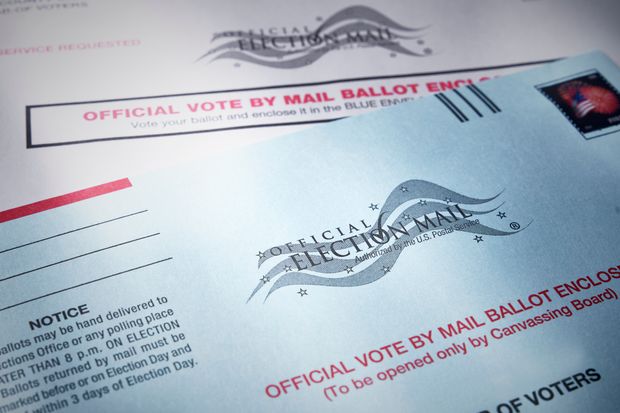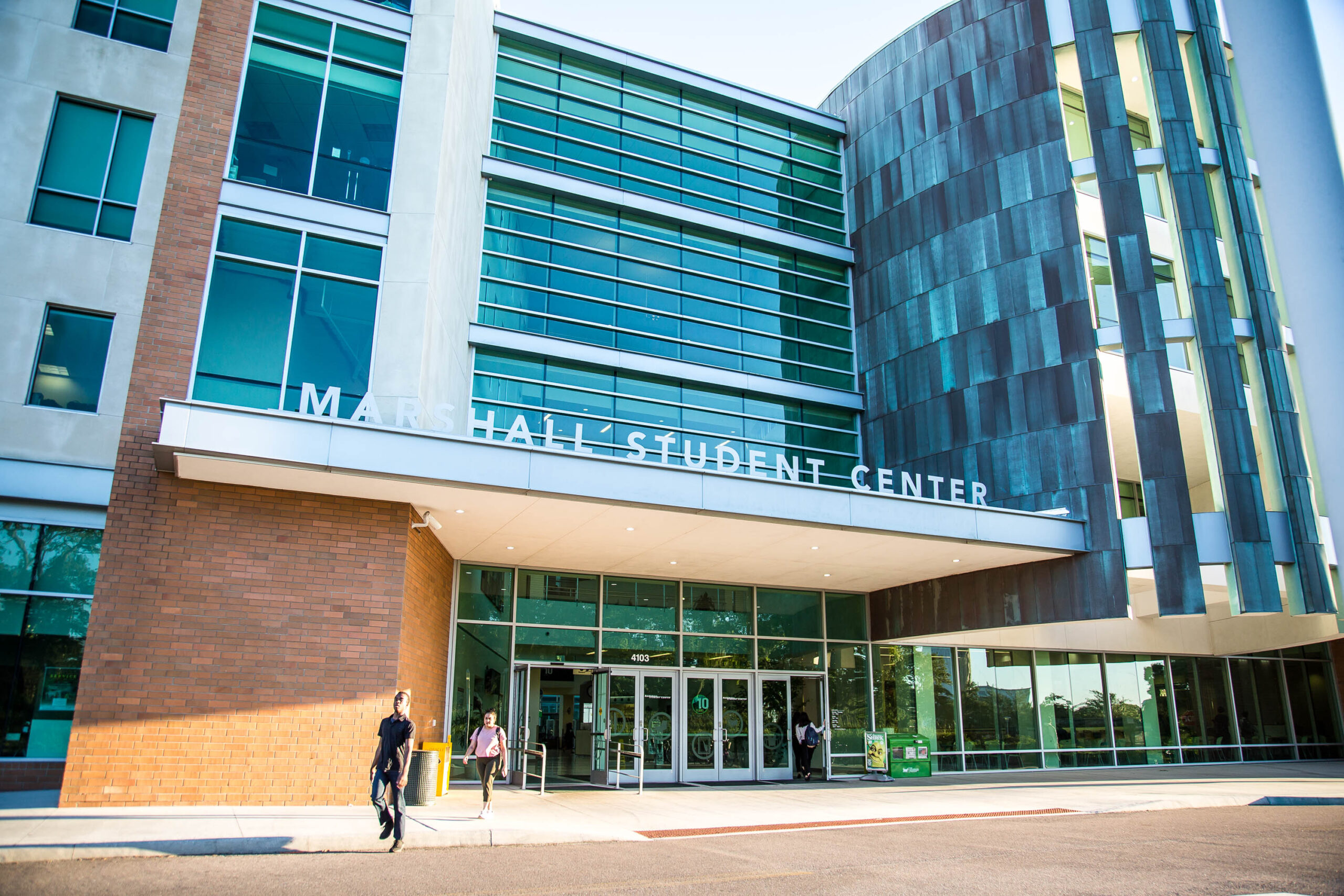Some students experience inconveniences when voting, re-registering

Some students find voting to be a time-consuming process, but still easy to do, despite recent laws that make the process harder for voters.
The law, known as Senate Bill (SB) 90, received nationwide backlash from activists with it being characterized as a voter suppression bill. Its effects are mainly felt on mail-in ballots, according to the Brennan Center for Justice, by shortening the amount of time a voter can be on the state’s vote-by-mail list.
Now, voters can make requests for all elections through the next scheduled general election, but requests must be renewed afterward, according to Indian River County’s website.
The bill also makes it so “additional identification information” is required to change voter information or request a mail-in ballot, according to Gov. Ron DeSantis’ website. A voter must now provide either a state ID number or the last four digits of their social security number, according to the Brennan Center for Justice.
Requesting and returning a mail-in ballot has also become “more difficult for voters,” according to the Brennan Center for Justice. The bill criminalizes individuals who possess ballots besides their own and immediate family members’. Local and state officials are also not allowed to send a mail-in ballot unless a voter requests one.
DeSantis and state legislators passed the bill due to concerns with election integrity, after the 2020 presidential election. In a 2021 speech, DeSantis said he hoped the bill would help Florida “stay ahead of the curve” in regard to having a “transparent” and “efficient” election.
Senior psychology major Madison Bonaventura found that the process to mail in her ballot for the 2020 presidential election was straightforward. She said she received the ballot and dropped it off at one of the designated locations.
“Going out to vote is kind of inconvenient,” she said. “With the mail-in ballot, I could just send it in the mail and that makes it really easy. [Without them], it would be a lot more difficult for me, as a student, to go to the polls, wait and vote.”
Over 4.85 million Florida voters cast mail-in ballots in the 2020 election, equating to 43.6% of the total 11.1 million votes, according to a report by All Voting is Local. The number of votes by mail, which increased from past elections, can mostly be attributed to the pandemic, the report said.
Joshua Sanchez, senior philosophy and history major, experienced difficulties after re-registering from his home state in New Jersey. When he tried to register in Hillsborough County with a Delray Beach ID, Sanchez felt like the process was overcomplicated and tedious.
In the past election, he said he was also not able to vote because he never received a ballot.
“My voice was kind of left out,” Sanchez said. “I can only imagine other out-of-state students across the nation probably experienced some sort of tediousness when it came to the federal election.”
Within this year’s new class alone, there were 2,843 Florida residents representing 51 counties and 1,198 out-of-state students from 49 states, according to the 2022-23 USF factbook.

Sydney Andersen, a senior music performance major, had a similar experience and thought the process was easy. As an out-of-state student, Andersen had to re-register to vote in Florida.
When she was re-registering, the only difficulties she experienced were with the website, which, according to Andersen, would not load and took long periods of time to upload forms. However, she was able to re-register on time to vote in the election, she said.
Though the problem has not been exacerbated across the board by recent voting laws, students, particularly those from out of state or who live far from the county in which they are registered, still face difficulties and inconveniences when trying to vote.
As a college student, Sanchez at times found himself with no money to cover Ubers to go to polling stations. He said many changes could be made, such as placing poll stations near college campuses and updating government websites to make processes more seamless.
For this year’s election, there will only be one polling station located in the same zip code as the university, according to Hillsborough County’s polling place master list. The station will be at the Marshall Student Center.
Kirsten England, a visiting professor in the School of Interdisciplinary Global Studies, said she has not noticed any changes in students’ ability to vote following SB 90. Instead, most of her students found the process has been streamlined, according to England.
England said students should allot the time needed to vote. She also tries to accommodate students who need to miss class to go to polling stations.
“I’m kind of doing more of a hybrid thing,” England said. “So if [students] need to go out and vote, they have the opportunity to do so.
The process remains inconvenient for most students, according to Caroline Merriman, a sophomore marketing and finance major. Merriman, who lives two hours away from the county in which she’s registered, said the process can be disruptive to her schedule.
She is planning to re-register for the upcoming election, and she has found it to be a long and tedious process.
“It’s a ton of work to do,” Merriman said. “You have to re-register, then you have to send all those forms in by mail and that all has to be processed. By the time voting comes around, I may not even be able to vote.”
With complicated schedules and a lack of transportation, some students could miss the opportunity to vote, according to Merriman. SB 90 has not aggravated these difficulties, but they are impacting some students.
“You either have to go back to the city you’re from, which is really inconvenient if you have classes or work,” Merriman said. “If you’re someone without a car or anything like you’re just out of luck.”







